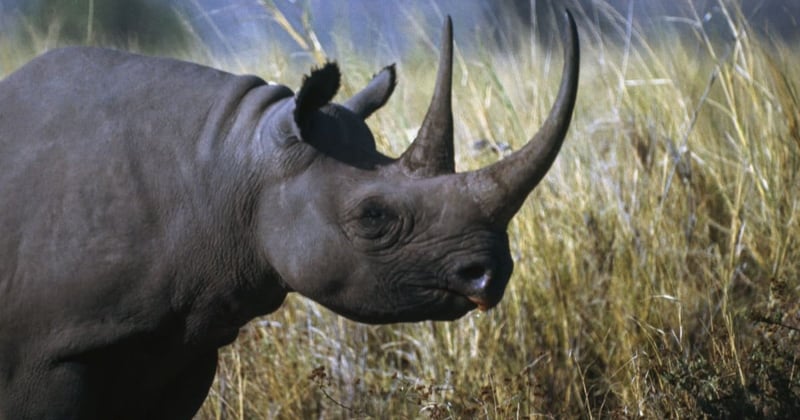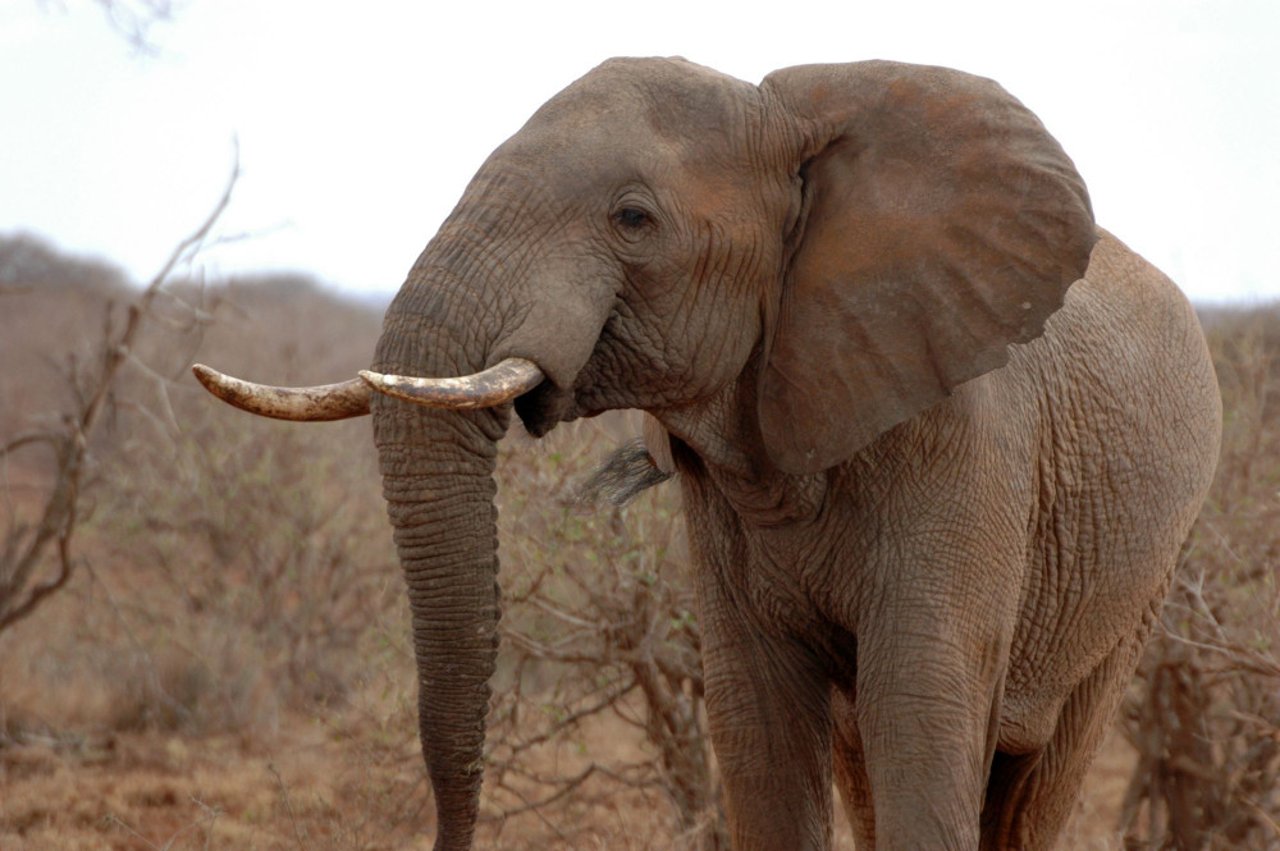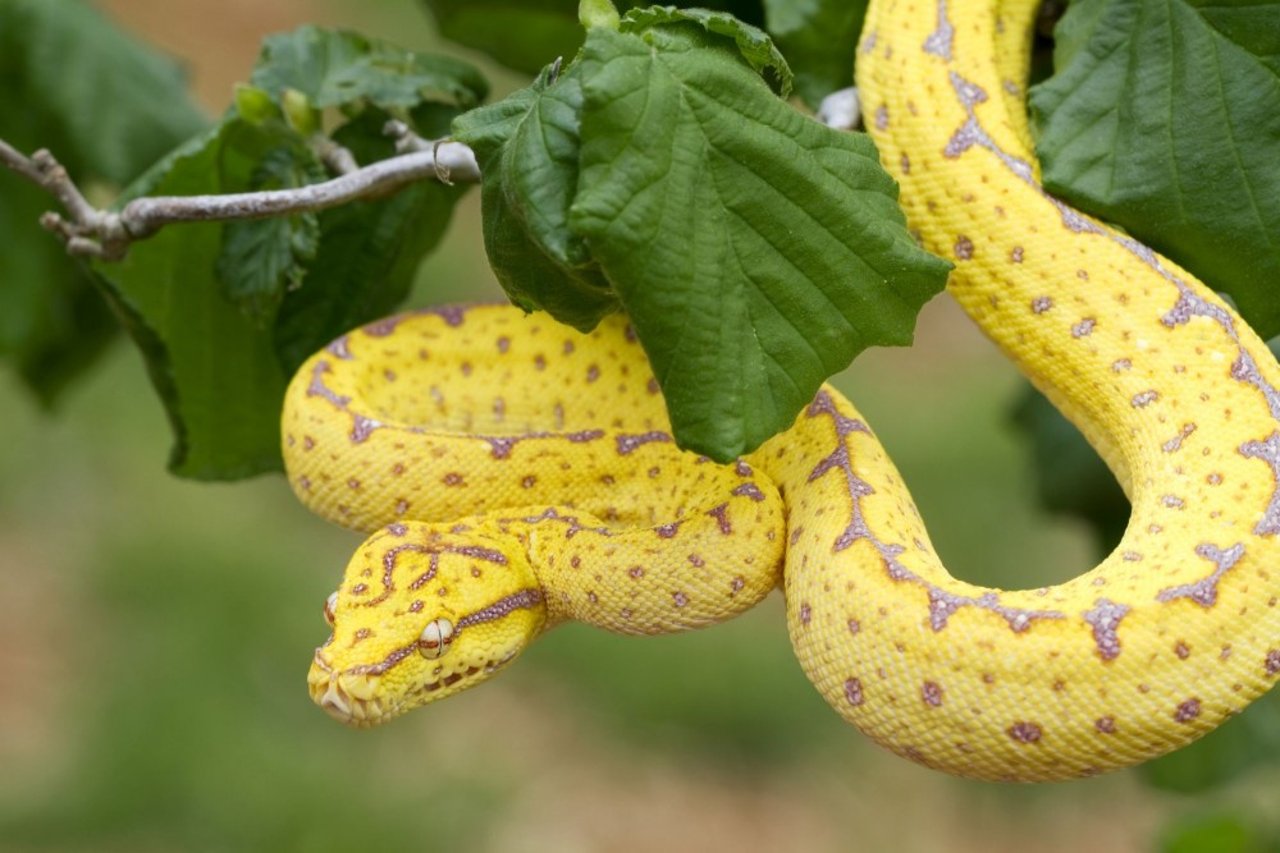
Revealed: The African Wild Animals Suffering Most in the Global Wildlife Trade
Blog
International demand for Africa’s iconic wildlife is causing hundreds of thousands of animals immense suffering and putting their survival in jeopardy. Our report details the ‘Big 5’ and ‘Little 5’ animals at risk
Big 5 and little 5
Africa is a treasure chest of biodiversity – but its wildlife is in great danger.
Our report, Exploiting Africa’s wildlife – the ‘Big 5’ and ‘Little 5’, reveals that an estimated 2.7 million animals were legally traded internationally between 2011 and 2015.
This number represents the top five ‘big’ and ‘little’ species that are being taken from the wild or bred in commercial farms for their skin and the exotic pet trade.
A wild elephant in Tsavo East national park in Kenya
The ‘Big 5’ species most in demand for their skins and being legally sold are:
- Nile crocodiles
- cape fur seals
- Hartmann’s mountain zebras
- African elephants
- the common hippopotamus
Green Tree Python (in Juvenile Yellow Phase) ready to strike. Photo credit: iStockphoto.com/Mark Kostich
The ‘Little 5’ species most in demand for use as exotic pets and being legally sold are:
- ball pythons
- African grey parrots
- emperor scorpions
- leopard tortoises
- savannah monitor lizards
Read about our fight against the cruel exotic pet trade here.
Legalized cruelty
The report reveals some disturbing findings – all happening legally:
- Nile crocodiles are intensively farmed to be slaughtered and skinned for their leather, with an average of over 189,000 skins exported annually between 2011 and 2015
- Thousands of cape fur seal pups are rounded up and clubbed and suffocated to death every year in Namibia. Adult seals are shot or clubbed, and sometimes even skinned alive
- Elephants are killed in the wild for their ivory and their skins. Due to their size, a humane death isn’t guaranteed, as bullets that miss their mark can result in a prolonged and agonizing death
- Ball pythons were the most-traded live animal, with more than half a million exported between 2011 and 2015 alone. Most are shipped to the USA, for a life destined in a glass display tank
- African grey parrots were exported in their thousands for the exotic pet trade, with a total of 289,006 individuals exported between 2011 and 2015. African greys suffer considerably during capture, transport and in captivity.
Read about our succesful African grey parrots campaign here.
Wild animals. Not products
Dr Neil D’Cruze, our global wildlife advisor, said:
“Trading animals in this way may be legal, but it doesn’t make it right. These are wild animals – not factory-produced goods.
“How did we get to the point where animals are exported and greedily exploited for our personal pleasure?”
Tennyson Williams, our Africa director, said:
“Africa’s unique wildlife has been commodified - exploited for money, without full consideration for their welfare or conservation - but it doesn’t have to be this way.
“Together, we, as the global community and African nations can work together to be custodians of wildlife, or we can choose to allow this cruel exploitation to continue - to the point of no return.”
Our wildlife work
We work around the globe to protect and keep wild animals where they belong. From the seas to the deserts, wild animals face the ongoing threat of cruelty and abuse.
Long-lasting genuine change is possible, which is why we move governments and communities worldwide to protect wild animals. By supporting our campaigns, you can help to keep wild animals safe and wild.
Sign up for our newsletter to keep up to date on our campaigns.

